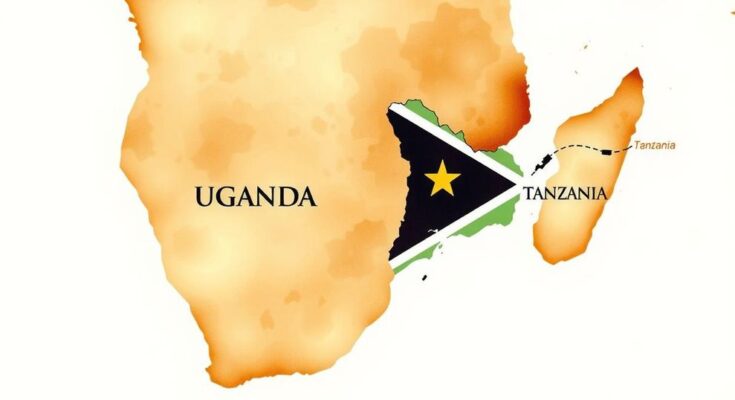Tundu Lissu discussed Julius Nyerere’s impact on Uganda and Tanzania’s constitutions during a Makerere University lecture, focusing on the establishment of an ‘imperial presidency.’ He drew comparisons between Nyerere’s legacy and Museveni’s regime, acknowledging both influences and contributions like presidential term limits and academic freedom, while critiquing the militarization of politics.
Tundu Lissu, the Chairman of CHADEMA and a prominent Tanzanian politician, addressed the impact of Julius Kambarage Nyerere’s constitutional legacy during a lecture at Makerere University. He argued that both Tanzania and Uganda exhibit an ‘imperial presidency’ stemming from Nyerere’s leadership, particularly highlighting Nyerere’s transition of Tanganyika from parliamentary democracy to an executive presidency in 1962, which he claimed influenced Uganda’s governance model after its independence.
Lissu elaborated that upon Uganda’s independence, a governance system already existed in East Africa, embodied by Tanganyika, where the leadership controlled state instruments significantly. He also noted that Uganda adopted a republican constitution through military force in 1966, consolidating an imperial presidency similar to that of Nyerere’s Tanganyika.
He further discussed Nyerere’s subsequent influence on Uganda’s constitution after the removal of Idi Amin in 1979 and suggested that Yoweri Museveni’s rise to power was shaped by Nyerere’s philosophy. Lissu asserted that Museveni’s regime reflects an imperial presidency, echoing Nyerere’s establishment.
Lissu critically examined Museveni’s approach to governance, claiming it mirrors Nyerere’s militarization of politics. He highlighted that Museveni named Uganda’s military forces similarly to those established by Nyerere in Tanzania, aligning with Nyerere’s legacy. However, Lissu acknowledged Nyerere’s introduction of presidential term limits, distinguishing Tanzania as a pioneer in adopting such measures and contrasting it with Uganda’s later removal of term limits.
Lissu praised Nyerere’s contributions to Pan-Africanism and his support for liberation movements in Southern Africa. He commended Nyerere’s promotion of academic freedom during his tenure, contrasting it with what he perceives as the restrictive climate in contemporary universities, which lack the intellectual engagement once prevalent in Nyerere’s era.
Tundu Lissu’s analysis underscores the profound impact of Julius Nyerere’s legacy on the constitutional frameworks of Tanzania and Uganda, particularly regarding the concept of an ‘imperial presidency.’ While critique of Museveni’s regime reflects lingering influences from Nyerere’s political ideologies, Lissu also recognizes Nyerere’s positive enactments, such as presidential term limits and his commitment to academic freedom, highlighting the complexities of this historical legacy in shaping contemporary governance.
Original Source: thechanzo.com




